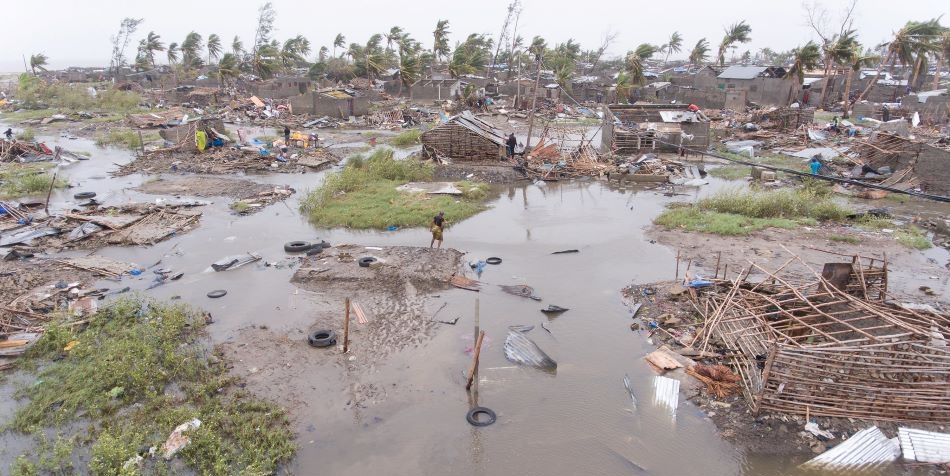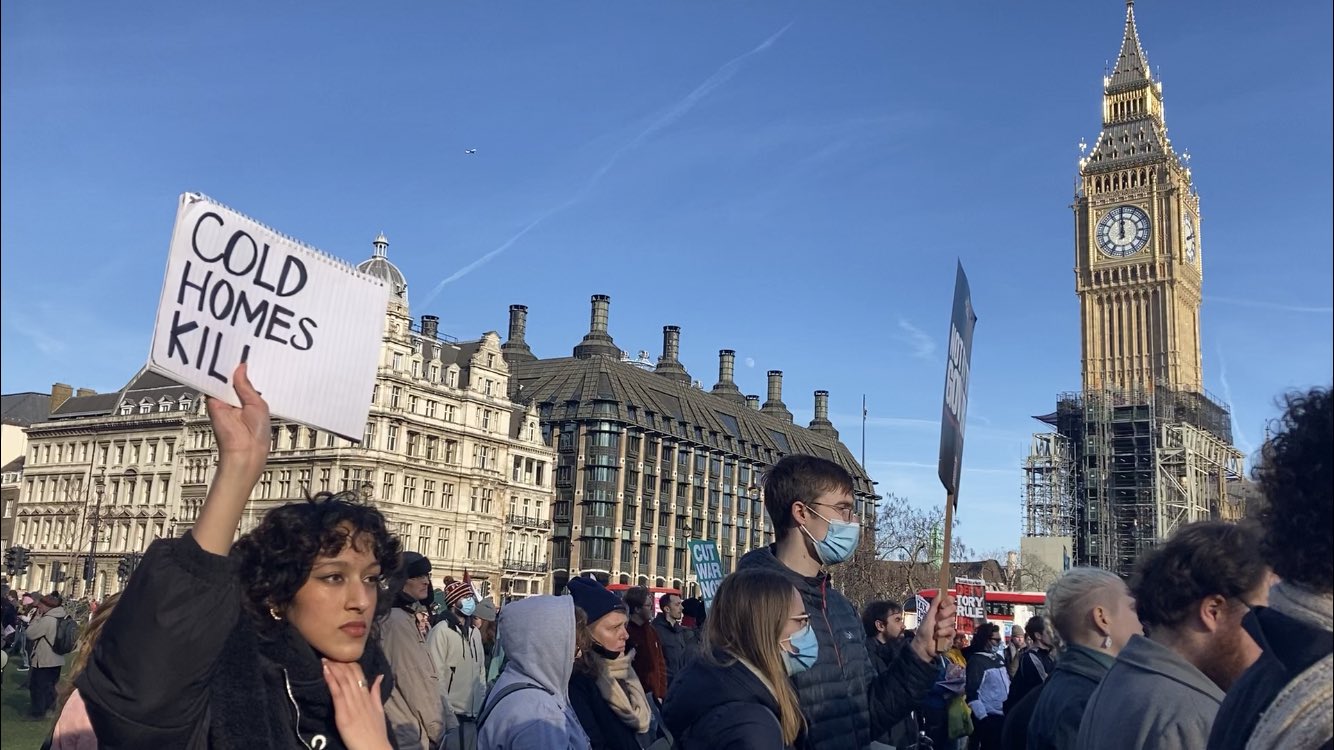May Day events for trade unionists and climate activists
Submitted by Claire on Wed, 2022-04-20 11:19May Day weekend events
Glossop
A family-friendly weekend festival May Day for the Planet Friday-Monday, with events themed around the climate crisis.
Saturday 30th April
Plymouth
March and festival for Peace and Climate Justice - assemble 12pm Plymouth Guildhall, followed by a climate festival with live music, stalls and speakers at the Leadworks, Rendle Street PL1. Details
Norwich
March and Rally, with the theme 'Fighting for a Sustainable Future'. Assemble from 11am, City Hall Facebook event
Lancaster
Assemble Dalton Square, 11.30. March with music at 12pm, 1pm, rally Dalton Square.
Sunday 1st May
London
Assemble Clerkenwell Green from 12pm, march leaves 1pm. Rally in Trafalgar Square from 2.30pm. Climate bloc meeting outside Marx Memorial Library, Facebook event
Manchester
Assemble at 11:15am in St Peter's Square, march at 11:30am to Sackville Gardens for 1pm for the festival of speeches, live music, food, drink and stalls. Bring banners, flags, family, workmates and friends. Or join the RMT Trans Pennine Express pickets at Piccadilly Fairfield Street from 9am onwards, marching at 11am to join the May Day crowd in St Peter's Square.
Bath
Rally for a Just Transition, 11am Kingsmead Square. Speakers, activities for children, music. Then from 1pm at The Bell, Walcot Street: Seize the Day performing live; Syrian veggie and vegan buffet.
Monday 2nd May
Salford
May Day march and rally from noon, meeting in Bexley Square to march to Sacred Trinity Church.
Waveney
May Day People's Festival: debates, music and art, 12-5, United Reform Church, Lowestoft Road North NR32 1HB
Email climatetradeunion@gmail.com if you'd like us to add your event
With Banners Held High
With Banners Held High is an annual celebration of the trade union movement, first held on the 30th anniversary of the ending of the miners' strike.




